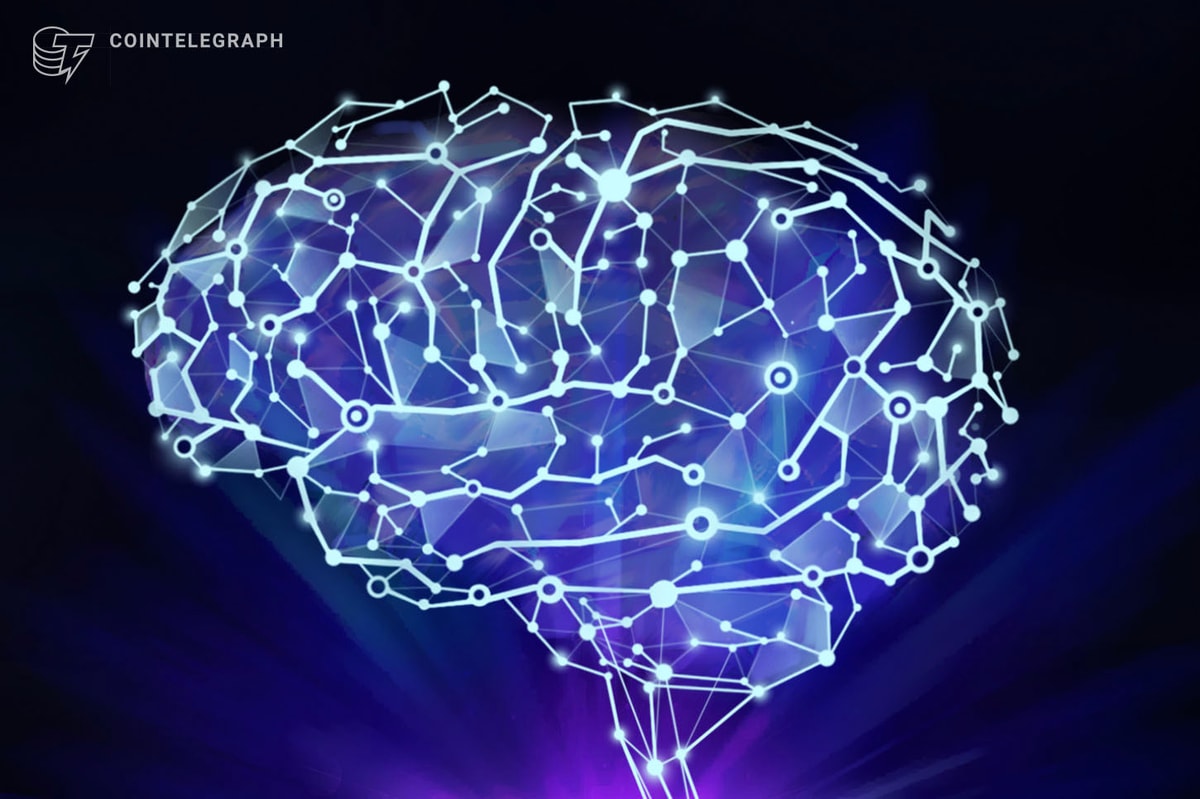Opinion from: Andreas Melhede, co-founder of Elata Biosciences
Neuralink's first brain implant turns science fiction into reality. It is a coin-sized device with hair-thin electrode threads that a surgical robot weaves into the cerebral cortex to read and send neuron signals. These signals are then transmitted wirelessly to a pc, allowing the implant wearer to perform actions without having to maneuver. Elon Musk, the founding father of Neuralink, once emphasized that the corporate “will give people superpowers.”
The vision of a direct brain-computer interface (BCI) from Silicon Valley sounds exciting. Designed to assist individuals with severe paralysis, Neuralink's implant allows people to maneuver a cursor, type and even control a robotic limb using just their thoughts.
But what some within the healthcare industry fail to think about is that when a single billionaire-controlled corporation holds the keys to someone's mind, it has profound implications.
When it involves the human brain, centralization becomes a direct threat to autonomy. Our ability to manage our own thoughts and movements is essentially the most fundamental type of freedom now we have. Why should we give this power to at least one person?
Away from the mainstream, Decentralized Science (DeSci) is quietly reinventing the way in which brain research will be done and attracting the eye of scientific journals. It treats neuroscience as a shared public mission somewhat than a product locked away on an organization's servers. Most importantly, it allows people to take back control of their brain data.
Bringing the brain into the chain
BCI technology has change into a worldwide phenomenon. A bunch of Chinese researchers recently developed a BCI able to manipulating what a subject can or cannot see to assist individuals with partial or total blindness.
According to their findings, “the demonstration supports the likelihood that externally applied focal stimulation can access functional circuits known to underlie normal visual perception.”
The results underscore a compelling proof of concept, but additionally raise a very important query: Who controls this ability?
If a 3rd party can control a primary function after implanting a BCI chip, clear rules have to be established to make sure a good distribution of power. Decentralizing research and control may very well be the answer we’re on the lookout for.
Developing a future wherein brain data is each private and shareable requires a transparent blueprint. Putting the brain on-chain means using a decentralized infrastructure to translate neural signals into secure, verifiable digital data. Data that is still completely under the control of the person.
The result?
A secure framework that enables people to operate software using their very own minds while maintaining absolute mental freedom.
Decentralization is vital for the human spirit
Our brains generate essentially the most intimate data possible. They are a livestream of thoughts most individuals wouldn't dare say, emotions they aren't sure they feel, and intentions they’ve yet to satisfy.
Decentralization isn’t a technical preference but an ethical imperative.
When we discuss centralized data silos, we regularly overlook what they really mean. Essentially, it's ironic: human existence is defined by the indisputable fact that now we have complete control over our own minds. No one else has direct access to our private stream of thoughts, nor should anyone. Giving this control to a single company is in direct contradiction to what it means to be human.
In a centralized business model, a single company decides how neural data is stored, who can access it, and what business incentives shape its use. All of this often happens without obtaining the patient's consent or under protracted conditions. But unlike purchasing data or browsing history, clicking “I agree” poses greater than just privacy risks. There is a risk of losing influence over the way in which you progress and speak if centralized systems are hacked.
Attackers would now not just steal patient data; they may interfere with their minds and actions.
In contrast, decentralization distributes this power. This ensures that no single actor can unilaterally access an individual's most vulnerable data and take control of their life. The encryption keys remain with the user. Access to neural profiles is simply possible with express consent and will be revoked at any time.
Above all, decentralization also ensures pluralism. Just as open source software enabled an explosion of innovation within the Internet and banking, decentralized brain networks can power diverse applications with no single entity dictating the terms and conditions of that mental experience.
Building a collective neural future
The next decade will determine whether brain-computer interfaces change into a real public good or a non-public gateway to the human mind.
Collaboratively developed protocols can set the principles for the way devices communicate and log neural information on-chain, ensuring that devices from all manufacturers remain compatible. Token mechanisms can lead researchers to further develop decoding techniques, strengthen data protection, and produce independent security assessments. Consent-driven data communities protected by zero-knowledge encryption can provide wealthy anonymized resources for discovery without exposing personal neural signatures.
Regulation plays a task, but broad participation is driving the movement. From developers creating mind-controlled games to artists composing music from brain waves to clinicians developing neurofeedback therapies, participants change into co-owners in a transparent, collectively managed network.
Keeping our thoughts private is an unwavering human right that nobody should ever be deprived of. So why should we be forced to cede our mental privacy to a single central entity?
The open, decentralized and collectively controlled integration of the brain into the chain ensures that everybody retains full autonomy over their very own mind.
Opinion from: Andreas Melhede, co-founder of Elata Biosciences.
This article is for general information purposes and isn’t intended to constitute, and mustn’t be construed as, legal or investment advice. The views, thoughts and opinions expressed herein are those of the writer alone and don’t necessarily reflect the views and opinions of Cointelegraph.

